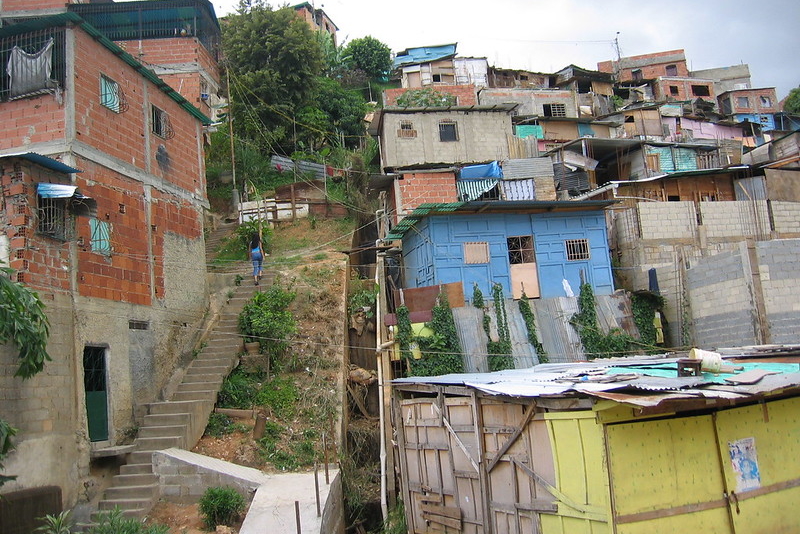
Venezuela is a country in South America, bordering the Caribbean Sea and the Atlantic Ocean. It has a population of more than 31 million people and a diverse culture influenced by Arab, Spanish, African and indigenous heritage. A 2021 study found that three in four Venezuelans are living in extreme poverty. The rise in inflation and the country’s political climate have caused many Venezuelans to flee. Inadequate living conditions and the authoritarian style of government have exacerbated poverty in Venezuela.
Extreme Poverty
Food insecurity significantly increased in Venezuela following the COVID-19 virus. In 2022, 78.1% of Venezuelan homes were worried about not having enough food to eat. With prices rising as the country tries to recover from the economic downfall due to the pandemic, citizens are unable to afford basic necessities. Inflation, along with the absence of available jobs, has made it nearly impossible for individuals to overcome the rising poverty rates.
Political Climate
Venezuela is currently under the rule of Nicolas Maduro, who many people view as a dictator. Maduro leads a corrupt government that has led to a disruption of peace. The Venezuelan president does not have public approval and neighboring countries, including the United States (U.S.), do not recognize him as a president. Despite this, a military unit that uses force to maintain control supports and backs Maduro.
Through mass incarceration and corruption, Maduro has instilled fear in Venezuelans that has enabled him to continue leading the country. During the 10 years of Maduro’s presidency, the country has experienced its worst economic decline. To improve the economic crisis, Maduro has set price controls that have led to a decline in available goods, further increasing poverty in Venezuela.
The Good News
Cuatro Por Venezuela is a foundation that is greatly improving the lives of Venezuelans. The name translates to “four for Venezuela.” Four women, Gloria Mattiuzzi, Gabriela Rondón, Maria Elena Teixeira and Carolina Febres, founded the organization in 2016. With the goal of improving health care and nutrition, Cuatro Por Venezuela’s nutrition program is a great relief to struggling families.
The program fills food pantries with goods and partners with schools and orphanages to ensure children are not hungry. Cuatro Por Venezuela also aids families who have lost their jobs and are struggling financially. By establishing micro businesses, Cuatro Por Venezuela is enabling individuals to establish a form of income. From 2017 to 2022, the nonprofit organization has been able to provide 116 tons of humanitarian aid to Venezuela.
Organizations such as Cuatro Por Venezuela have contributed to the progress in Venezuela’s poverty. Since 2021, the number of individuals living in poverty has reduced by 14.7%. The economic recovery has allowed more families to be able to afford food and housing. Venezuela’s gross domestic product (GDP) has also increased by 36.03% from 2020 to 2022. Further economic improvements could lead to an even more significant decrease in overall poverty within the country.
– Micaela Carrillo
Photo: Flickr
Updated: May 27, 2024
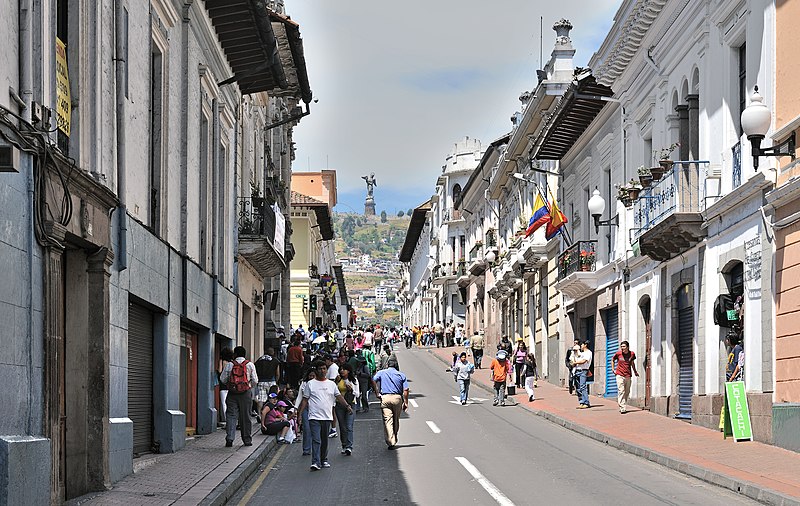

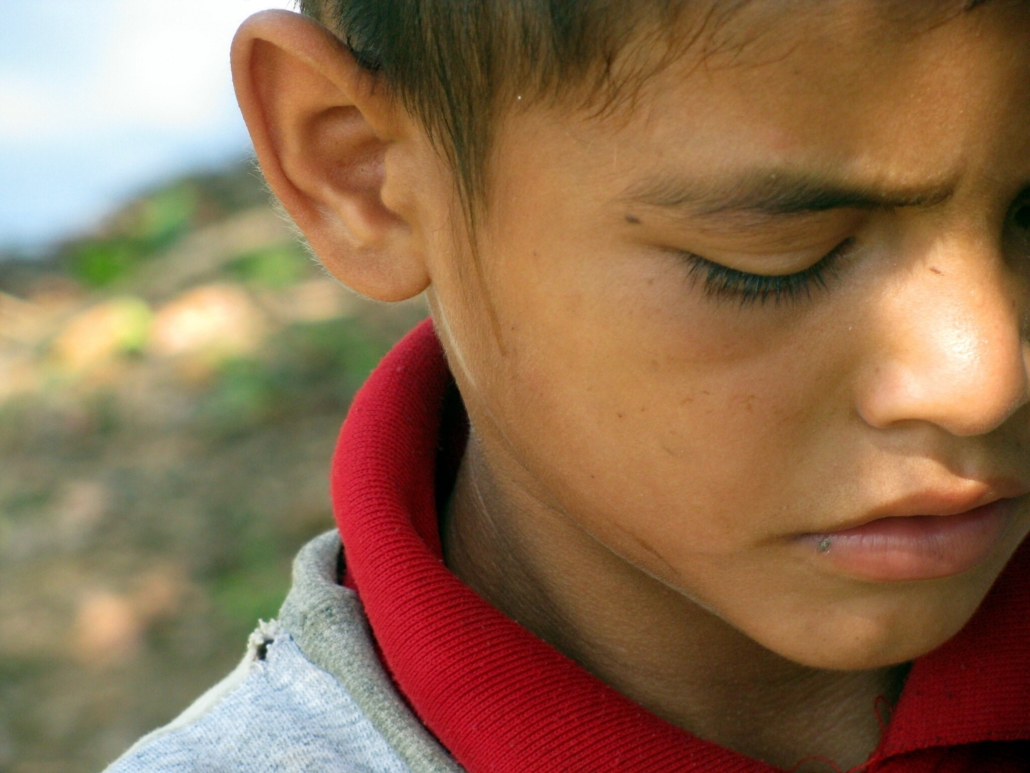

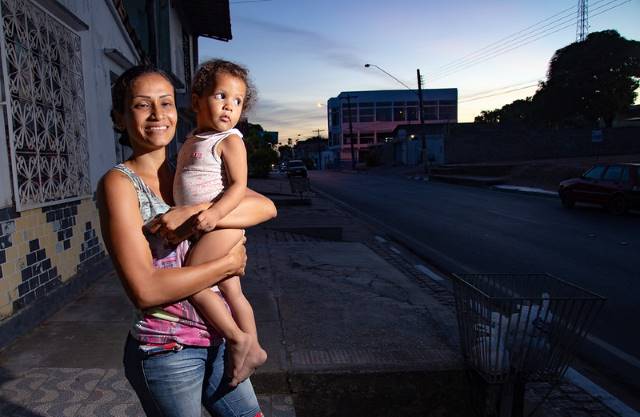 Venezuela is currently experiencing “the second-largest migration crisis” in the world. More than
Venezuela is currently experiencing “the second-largest migration crisis” in the world. More than 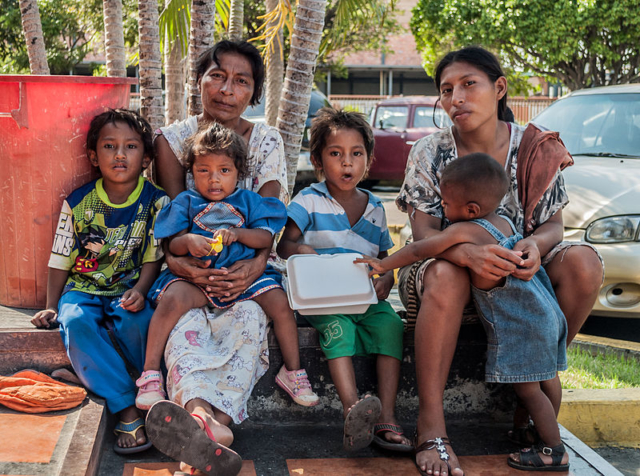 A meager 3% of Venezuelan families are considered food secure in a country where more than
A meager 3% of Venezuelan families are considered food secure in a country where more than 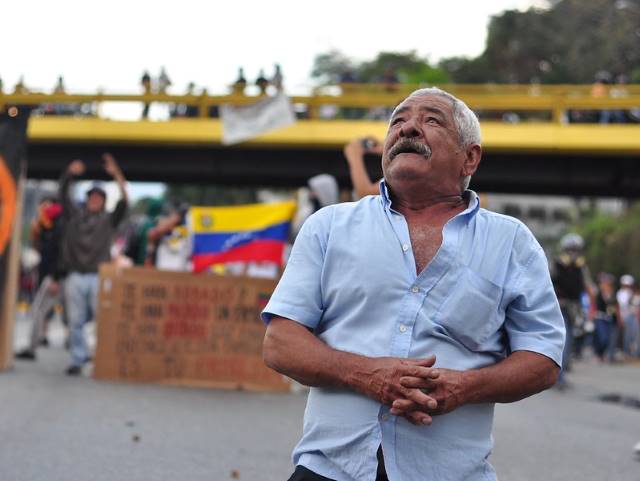 On March 7, 2019, Venezuela entered the worst power outage in the country’s history. Plunging all 23 states into darkness, the blackout lasted over five days in majority of the country. The economic losses triggered by this event exceeded $800 million and led to the
On March 7, 2019, Venezuela entered the worst power outage in the country’s history. Plunging all 23 states into darkness, the blackout lasted over five days in majority of the country. The economic losses triggered by this event exceeded $800 million and led to the 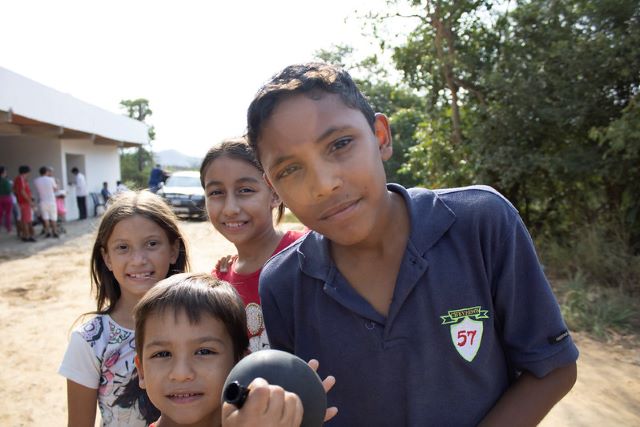 A combination of poor leadership and crippling sanctions have created a nation-wide economic crisis in Venezuela. The Center for Strategic and International Studies found that even before U.S. sanctions were placed on Venezuela, the country was already enduring hyperinflation, had seen
A combination of poor leadership and crippling sanctions have created a nation-wide economic crisis in Venezuela. The Center for Strategic and International Studies found that even before U.S. sanctions were placed on Venezuela, the country was already enduring hyperinflation, had seen 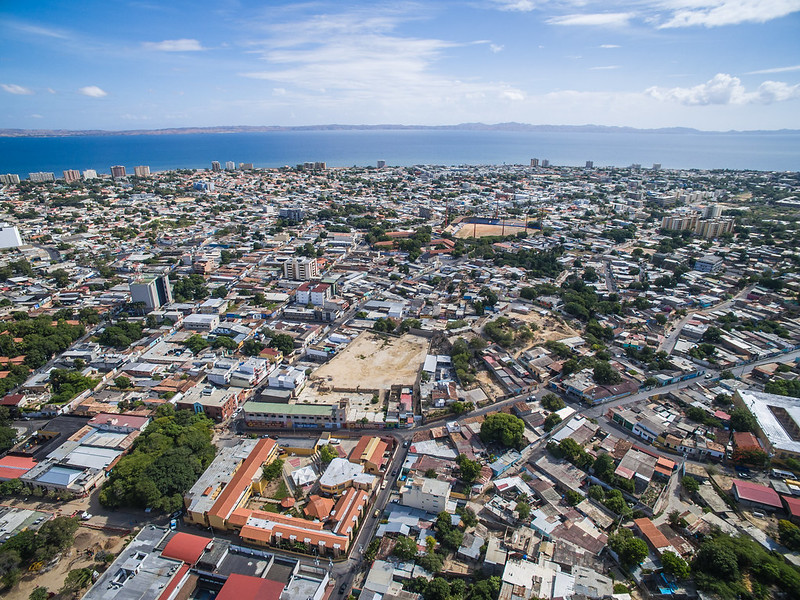 USAID in Venezuela aims to be a catalyst for the international response to aid impoverished communities in Venezuela. It provides more than $200 million to diminish the humanitarian crisis triggered by Nicolás Maduro’s regime. Eradicating poverty is not only a national but an international affair. The decline of democracy in Venezuela can also be seen as a consequence of the increase in national poverty. As such, USAID in Venezuela is also a matter of national security and economic stability.
USAID in Venezuela aims to be a catalyst for the international response to aid impoverished communities in Venezuela. It provides more than $200 million to diminish the humanitarian crisis triggered by Nicolás Maduro’s regime. Eradicating poverty is not only a national but an international affair. The decline of democracy in Venezuela can also be seen as a consequence of the increase in national poverty. As such, USAID in Venezuela is also a matter of national security and economic stability.